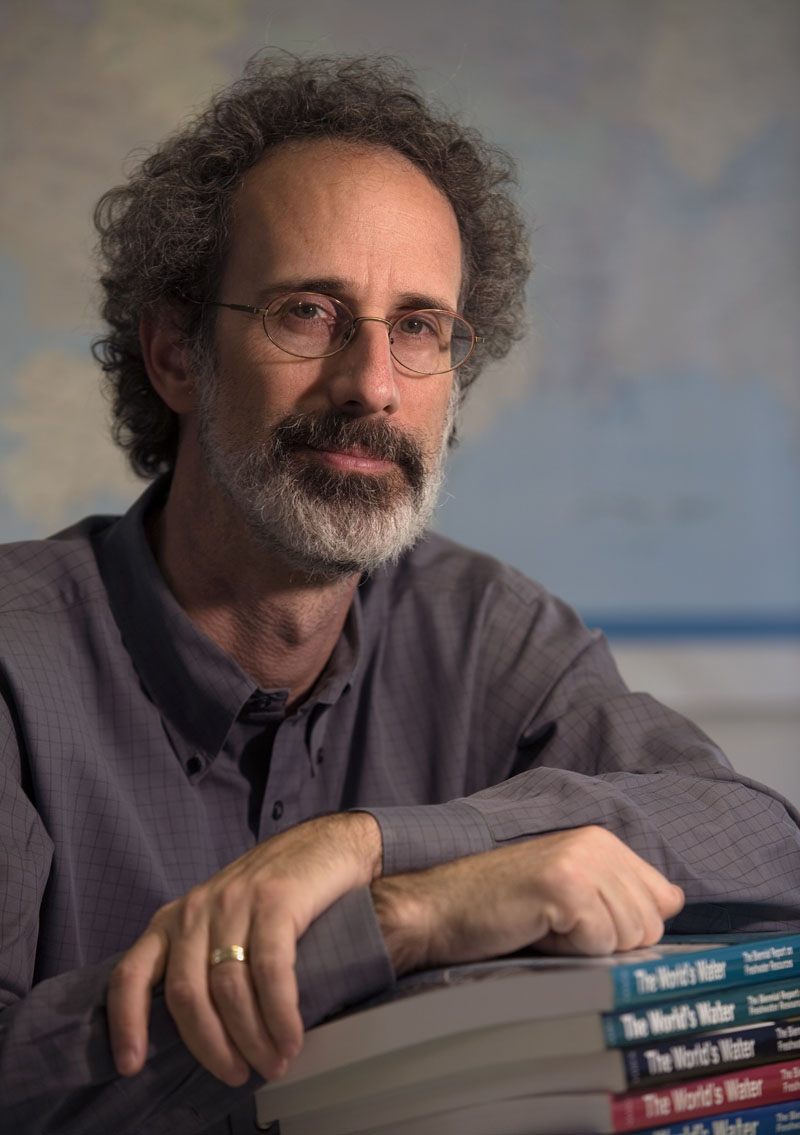Global warming Continues
Skeptical Science recently posted an informative article titled "Yes Happer and Spencer, Global Warming Continues" (3-3-12):
William Happer is a Princeton physicist and Chairman of the Board of Directors at the right-wing fossil fuel-funded think tank George C. Marshall Institute. Although he has not published any climate-related research in his scientific career, Happer nevertheless seems to enjoy making his opinions about climate science known, as we have previously examined here and here. Unfortunately, Happer does not seem interested in taking the time to ensure that those are informed opinions.
Rather than subject his thoughts to the peer-review process, Happer's publication of choice appears to be The Wall Street Journal (WSJ), as he was one of the 16 scientists who recently published a plea for climate inaction in that paper, and a follow-up article defending their previous misrepresentations. Happer has now gone solo, publishing another opinion-editorial in the WSJ with such a Gish Gallop of climate-related myths as to be a truly Moncktonian effort.
Though we will briefly whack each of Happer's moles in the post below, one particular myth caught our attention. This myth was also recently endorsed by Roy Spencer in an interview with John Stossel on Fox News - the myth that the planet has not warmed in the past 10 years. [See full text.]
Though we will briefly whack each of Happer's moles in the post below, one particular myth caught our attention. This myth was also recently endorsed by Roy Spencer in an interview with John Stossel on Fox News - the myth that the planet has not warmed in the past 10 years. [See full text.]



